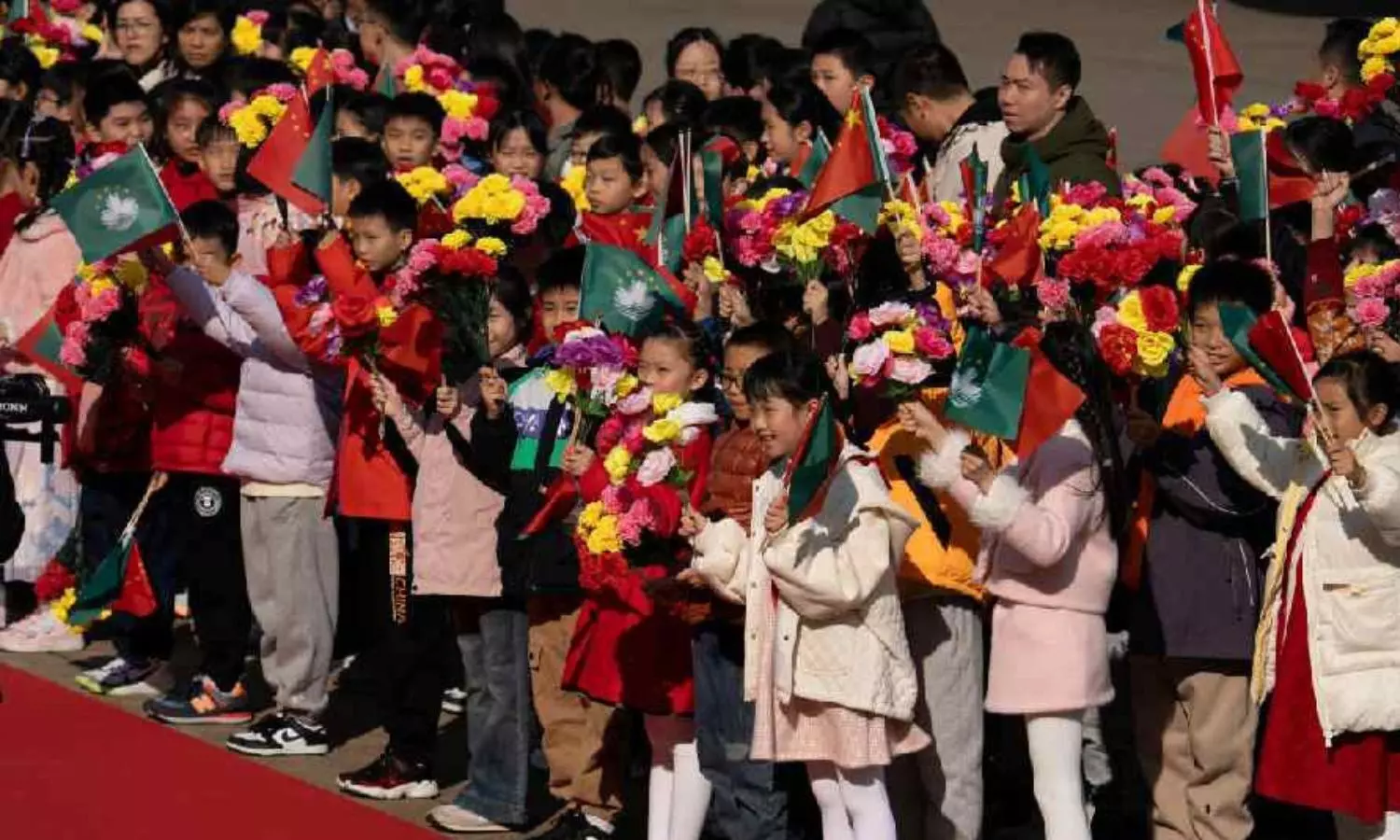UPA writ' on India-China border: MEA says 2005 pact will be guiding principal for ties
India and China reaffirm commitment to resolving the boundary issue under the 2005 guiding principles, despite differences in their diplomatic readouts following recent talks.
UPA writ' on India-China border: MEA says 2005 pact will be guiding principal for ties

The Ministry of External Affairs stated on Friday that India and China have put on record their reaffirmation of commitment towards the intent to explore a fair, reasonable, and mutually acceptable framework for the resolution of the boundary question under the political parameters and guiding principles agreed upon in 2005.
This is somewhat corroborating a reference Beijing made in its readout on the special representatives meeting Wednesday.
There was no mention of the 2005 Agreement on the Political Parameters and Guiding Principles for the Settlement of the India-China Boundary Question concerning the talks in the Indian readout when the UPA government under Congress was in power. Neither did the external affairs ministry mention the "six-point consensus," referred to by the Chinese readout.
Although the spokesperson of the external affairs ministry, Randhir Jaiswal, stated that the 2005 agreement would be a guiding principle for further discussions regarding the boundary issue, his constant reference to directing such queries about the "six-point agreement" that China claims towards the Chinese government whenever they are repeated in the weekly briefing, has become mundane.
Article 1 of the 2005 agreement unambiguously states that "the differences regarding the boundary issue should not be allowed to affect the general growth of the bilateral relationship." This has been an insistence from China, who has experienced four years of tension from the Galwan clashes, while India maintains that the peace and tranquillity of the border row under the 1993 agreement is essential for that track above-mentioned bilateralism.
Jaiswal also mentioned that special representatives of India and China have already reviewed important matters related to peaceful border management in this 23rd round of talks held after the first settlement was made for the boundary question framework between the two countries. The composition of member states of this round was activated for the first time after Galwan. The special representatives had last met five years ago, almost to the day, in 2019.
Jaiswal gave no explanation about the issues reviewed for border management, but his statement contradicted the Chinese foreign ministry's statement on an agreement regarding fine-tuning of management rules for border areas and strengthening confidence-building measures to achieve sustainable peace and stability along the border.

